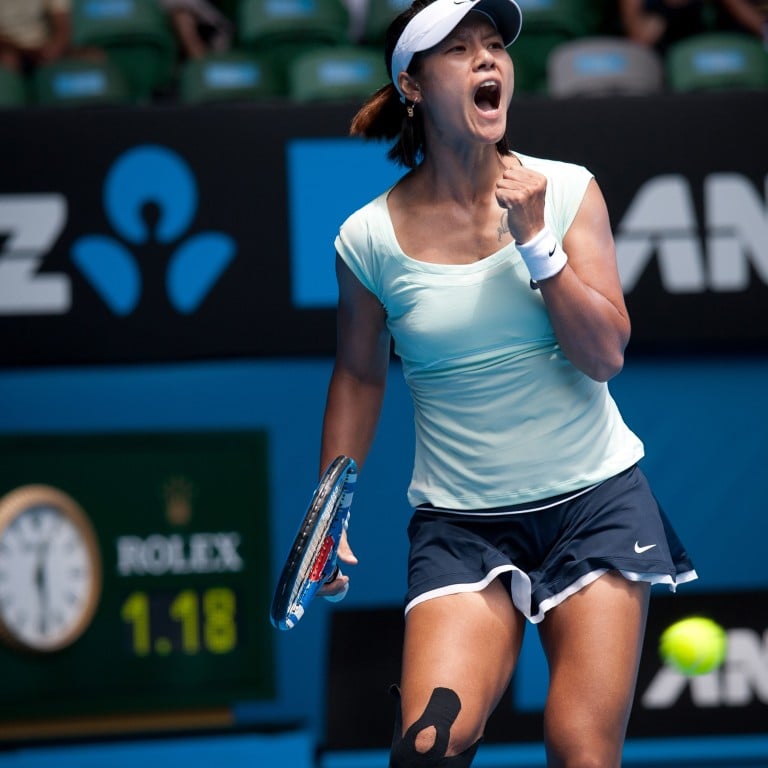Li Na, Asia’s first Grand Slam winner, talks motherhood, a forthcoming movie biopic, and her plans to nurture China’s tennis champions of tomorrow

Li Na made history as the first Asian-born tennis player to win not just one but two Grand Slam titles – but since retiring five years ago, what has the Chinese champion been plotting next?
You can take the girl out of the game but you can’t take the game out of the girl. Even though it’s been five years since mainland Chinese star Li Na retired from the world of competitive tennis, the sport is still very much at the forefront of her mind.
As we sit down for a chat later, it’s obvious this new Li Na is about as different as you can get from the dominating figure returning serves of up to 200km/h in Grand Slams all over the world. There’s no hint of the on-court ferocious drive she showed the world on her way to becoming the first Asian-born person to win not just one but two Grand Slam titles: the French Open in 2011 and the Australian Open in 2014.
I like working with kids, which is why I’m not aiming to become a professional coach, like everyone expects former players to be

Relaxed, smiling, soft-spoken, Li is evidently enjoying retirement and raising a family – her daughter Alisa is four and her son Sapajou is three – with her husband and former coach and sparring partner Dennis Jiang Shan. Family is number one for her these days, but tennis is not trailing far behind either.
Besides getting an EMBA from the Cheung Kong Graduate School of Business in Beijing, where the Wuhan native now lives, Li has spent the past few years trying to set up the Li Na Academy, a tennis school which she hopes will be a “playground for people who love tennis to be happy and play the sport”.
“When I started playing tennis, I didn’t have such a place and that’s why I hope to start one for young players,” she says. She had initially thought the place would be up and running by now, but has encountered difficulty in finding a suitable place for the school. “I will definitely see it through, but now I think it will take a little longer.”

The desire to work with China’s youth to help them achieve their tennis dreams is not surprising, given that her success on the Grand Slam and WTA courts has seen tennis grow from a relatively unknown sport in mainland China to one that is played by more the 14 million people. It’s also why she has been working with Rolex to promote the Road to Wimbledon, a series of tournaments around the globe where the individual winners from each country get to play in the finals at the All England Club.
Motherhood is a giving her a great training platform for her plans to work with young players, even though she finds it more challenging than facing down the likes of Serena Williams and Francesca Schiavone.